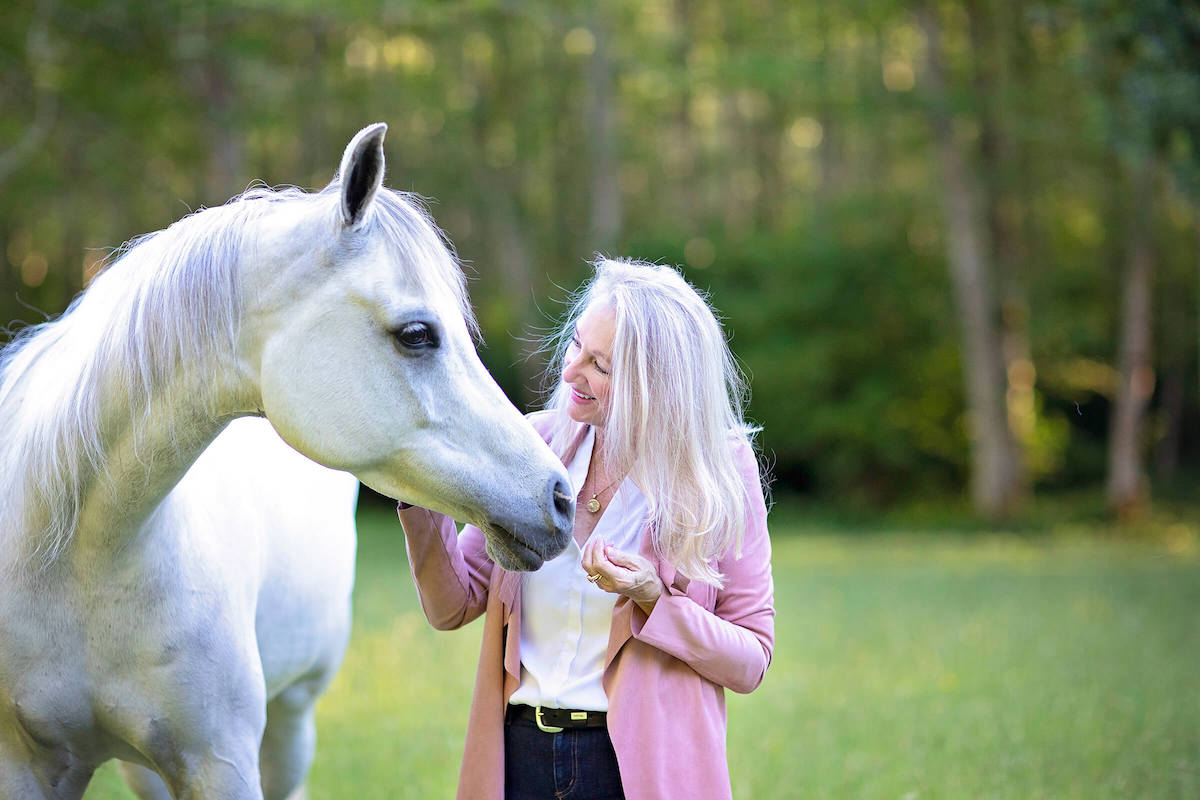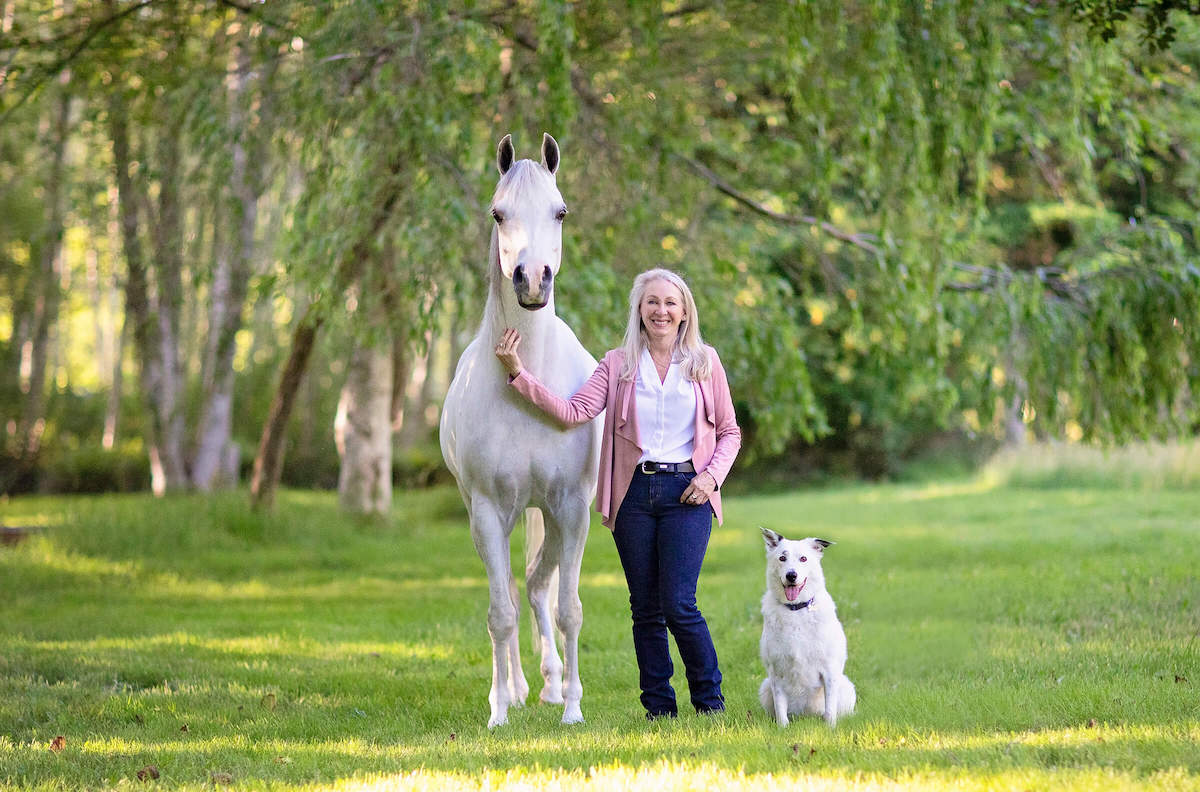If you love horses and want to purchase an equestrian property, there are many aspects to consider. First-time buyers are often eager yet unaware of some of the challenges that may come with a particular property. That’s why we’re providing insights from our local Equestrian Advisor and Realtor, Liz Bailey. We’re proud to have Liz’s expertise in our Windermere Poulsbo office where she works with home buyers and sellers across Kitsap County. Liz is uniquely qualified to assist clients with equestrian properties since she’s done so for years and has extensive experience riding, owning, breeding, and boarding horses.
Here are some of her helpful tips and insights.
Questions to Ask Yourself
1. How much land do you need?
When considering an equestrian property, check local livestock regulations. Most municipalities have limits on the number of livestock per acre. Make sure your plans include enough land to support the number of animals you hope to have. Look for land that’s flat or a bit sloped with room for turnout and proper forage for grazing. Avoid properties that have a lot of unusable land such as those that are heavily forested, have deep gullies, steep slopes, or wetlands.
2. Have you considered your homeowner’s insurance?
Many insurance companies limit coverage for horses, even for personal use. If you plan to board horses, you may need commercial coverage, so plan ahead.
3. Are you hoping to build or add on to the facilities already on the land?
Don’t forget to check well and septic locations. You will need permits to build, and setbacks from water sources, dwellings, and drain fields are mandatory.
4. Did you inspect the barn and stables?
During the inspection, don’t forget to have the barn and stables examined too. It may cost more but it’s worth it. From potential electrical issues to structural hazards, a professional can warn you about any possible problems up front.
5. Have you made parking a priority?
“My personal pet peeve is no access for a truck and trailer or limited access for your farrier or veterinarian,” Liz says. Be sure to ask whether the property you are considering will allow plenty of easy access for vehicle traffic.
Look for these Equestrian Amenities
When touring a property, Liz suggests examining it closely and seeing if it has the convenient features listed below. These amenities will make it much easier to house horses and livestock on your property.
- A source of water in each stall
- Plentiful frost-proof spigots in the barn, arenas, and pastures or turnouts
- Sufficient covered storage for hay, grain and bedding
- Wash bay/tack stall
- Tack room with saddle racks, bridle racks, blanket hooks, and room for tack trunks, medications, and more
- Storage for tractors, wheelbarrows, brooms, etc.
- Arena or round pen for riding
- Adequate lighting
- Horse-safe fencing
And, Liz adds, “Whatever you do, don’t forget the poo! Manure storage and disposal is a big concern for many. Local agricultural departments may be able to help with planning for proper composting and disposal of manure.”
Your Daily Routine Matters
Consider your daily routine when examining equestrian properties. As Liz says, “Addressing your horse’s safety and comfort is a priority, but it doesn’t mean neglecting your own.” Is the location of the home convenient or is it too close to the barn for comfort? Can you get to the barn quickly in case of an emergency? Will it be convenient during daily chores and during winter weather? Where is the main water source and the electrical panel? A thoughtful setup and careful planning will make adapting to your new property while pursuing your passion a true pleasure!
For more information, check out Liz Bailey’s website or contact her.
 Facebook
Facebook
 X
X
 Pinterest
Pinterest
 Copy Link
Copy Link

